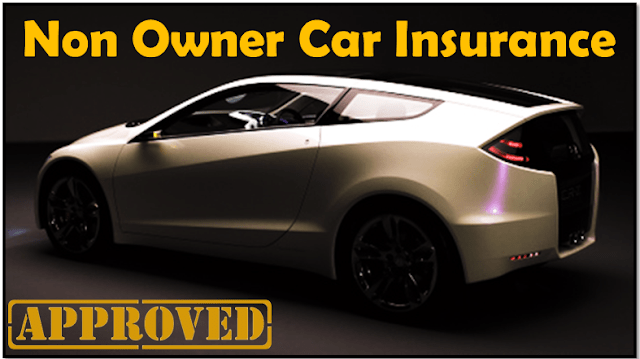Securing Non-Owner Insurance for Rental Vehicles
Did you know that nearly 30% of drivers in the U.S. don't own a vehicle? For those who frequently rent cars, securing non-owner insurance is essential. This coverage not only meets state liability requirements but also shields you from potential costs associated with accidents. It's especially advantageous for high-risk drivers. Understanding the nuances of this insurance can greatly impact your financial security and future vehicle ownership. What should you consider before making a decision?
When you frequently rent vehicles but don't own one, securing non-owner insurance can offer significant liability coverage and peace of mind. This type of insurance is designed specifically for individuals who hold a driver's license but lack car ownership and regular access to a vehicle. It provides you with liability protection, which can be imperative in case of an accident while driving a rented car. Additionally, this coverage ensures that you remain compliant with state-required insurance laws, which may vary depending on where you live.
To be eligible for non-owner insurance, you'll need a valid driver's license, and you mustn't own a car or have regular access to one. This policy primarily covers bodily injury and property damage liability, helping you manage medical costs for others involved in an accident and covering damage to other people's property. Coverage limits often extend up to $1 million, which can provide a substantial safety net. However, it's essential to remember that this insurance pays out after the vehicle's primary insurance in the event of a claim.
To qualify for non-owner insurance, you need a valid driver's license and no regular vehicle access, with coverage limits up to $1 million.
Non-owner insurance serves multiple purposes. For frequent renters, it offers a cost-effective solution compared to the liability coverage offered by rental companies. It's particularly useful if you find yourself without a car for an extended period, as it maintains your insurance history. This continuity can help you avoid higher premiums when you eventually decide to purchase a vehicle again. Additionally, if you're classified as a high-risk driver, this insurance can help meet the financial responsibility requirements set by law, as non-owner car insurance is designed specifically for individuals without personal vehicles.
While non-owner insurance is beneficial, it does come with limitations. Excluded coverages include comprehensive and collision insurance, rental reimbursement, and towing. This means that while you have liability coverage, you won't be protected against damages to the rented vehicle itself. Additionally, some credit cards offer rental car insurance benefits, which can serve as an alternative for short-term rentals. However, the extent of this coverage varies, so you should check the specifics of your credit card policy.
If you need to file an SR-22 form due to prior driving issues, non-owner insurance can be an essential component of fulfilling that requirement without owning a car. It guarantees you remain compliant with state laws, which may demand proof of insurance to maintain or reinstate your driver's license. Always confirm that your non-owner policy meets your state's minimum liability requirements.
When considering non-owner insurance, it's advisable to shop around. Major insurers like State Farm, Geico, and Travelers offer these policies, but specialized companies like Direct Auto and Acceptance can cater to high-risk individuals. Engaging with an insurance broker can further aid in finding the best coverage options tailored to your needs. Always verify the details and conditions of the policy before making a decision to confirm it aligns with your rental habits and provides the necessary protection.
Conclusion
In summary, securing non-owner insurance for rental vehicles is essential for anyone who frequently rents but doesn't own a car. It's not just about compliance; it's your safety net against the unexpected bumps in the road. Think of it as an umbrella that shields you from the rain of potential liabilities. By taking this step, you're not only protecting yourself but also building a solid foundation for future vehicle ownership. Don't leave your safety to chance—get covered today.

